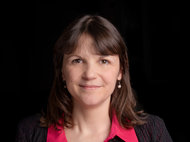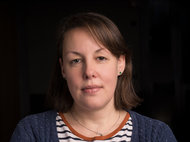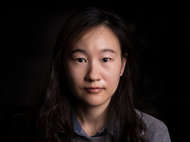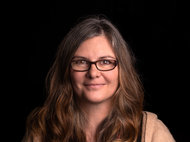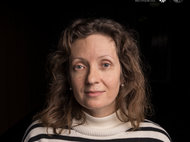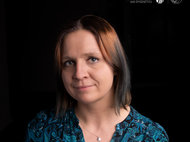International Women’s Day March 8
Invest in women: Accelerate progress
The push for gender equality in science remains crucial. Despite progress, women are still underrepresented, underscoring the importance of celebrating International Women's Day and the International Day of Women and Girls in Science. The Max Planck Institute for Immunobiology and Epigenetics contributes to this effort by publishing fascinating interviews with successful women working in our labs and facilities. Role models play an essential role in inspiring the next generation of female scientists. Get inspired by the stories of our staff, which serve as a testament for girls and young females to keep going because no obstacle is insurmountable.
Achieving gender equality and women’s well-being in all aspects of life is more crucial than ever if we want to create prosperous economies and a healthy planet. This is why we celebrate the International Women's Day on March 8.

In science, there has been significant progress in closing the gender gap in STEM fields. Research institutions such as Max Planck have implemented strategies aimed at encouraging the participation of women and girls in science. However, gender gap has persisted throughout the years and women are still under-represented at all levels of STEM disciplines all over the world.
We believe that role models are pivotal in inspiring the next generation of female scientists. The stories of contemporary women leading their fields act as potent motivators for young girls. To highlight exemplary role models and successful women in science, we published interviews with female staff from the International Day of Women and Girls in Science (February 11) to the International Women’s Day (March 8).
“We are convinced these stories will inspire more girls and young women to pursue careers in science. If you read these seven interviews about seven careers, you'll find that these women are bursting with enthusiasm for science. Their examples leading to one conclusion: women and girls who are passionate about science should boldly pursue their interests and let no one stop them,” says Asifa Akhtar, the first female Vice President in the Biological-Medical Section of the Max Planck Society and Max Planck Director in Freiburg.
“Women in science attract more women in science”
International Women’s Day
Since 1911, women have been celebrating International Women's Day, which draws attention to women's rights and gender equality worldwide. The day is intended to celebrate the achievements of the women's rights movement to date and at the same time draw attention to the discrimination and inequalities that still exist. It also aims to encourage people to stand up for gender equality.

